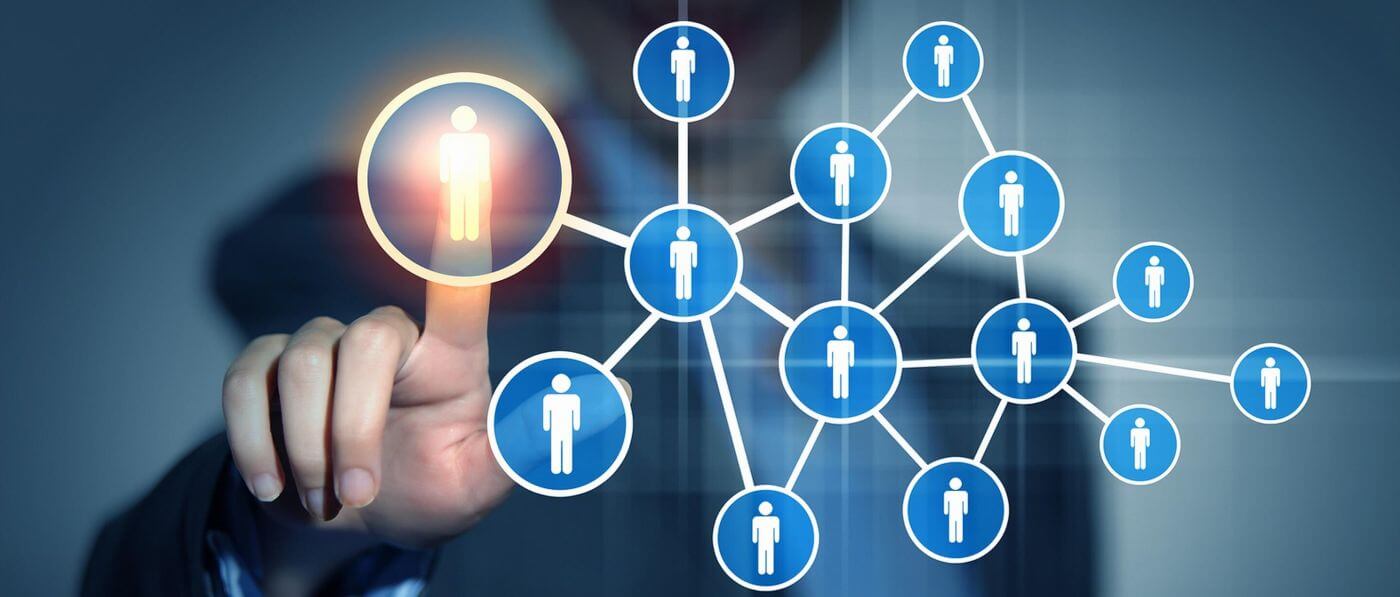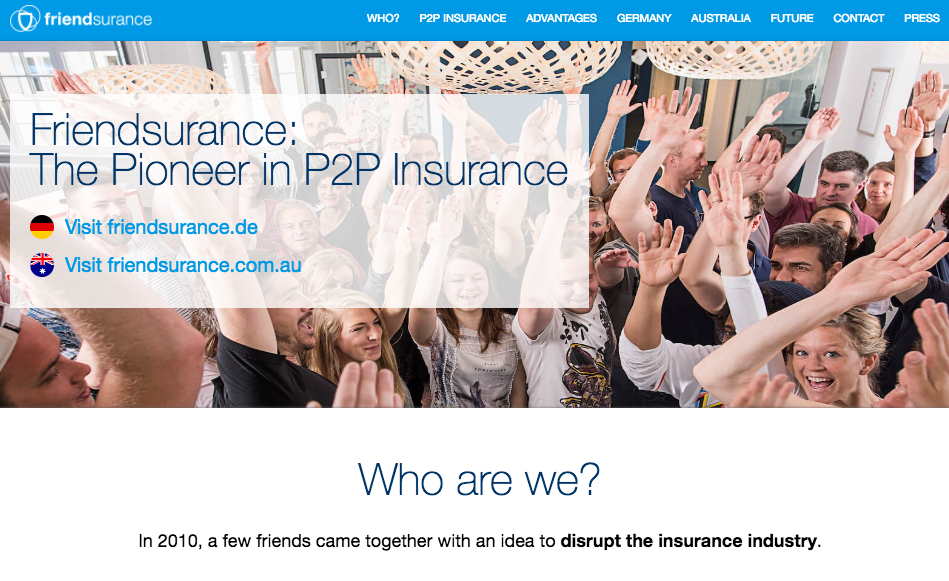
Users have become the main characters in the new technological-based economic wave. Customers and sellers exchange their roles due to their transaction necessities. Connectivity and new technologies make global transactions easy and accessible. Indeed, in the digital world, deals are quicker, easier and fairer as long as all parts keep connected to each other.
Welcome to a P2P economy!
The peer-to-peer (P2P) economy is a relatively simple concept. It’s an economy where anyone can transact as both producers and consumers (“prosumers”) without having to use intermediaries. The concept of P2P economics has been around for a long time, but recent technological developments make this form of trade much more widespread by lowering costs and increasing ease and access.
But a P2P economy needs some support in the complex world we live in. Not all deals can be closed between two users as more roles need to be played. Businesses need financing to be funded, partners need to be connected between them, products have to be transported, etc. There is when an extra technology, new developed, become to play an important part. We are talking, of course, about the blockchain.
Blockchain is a new way of storing and transferring information using an extremely secure, distributed network of computers. A blockchain keeps track of changes in value over time — transactions usually, but not necessarily. Since a blockchain is a computational network, automated processes and applications can be programmed to run on a blockchain. These applications and processes, called “smart contracts,” perform some action once certain conditions are met.

So long, middle-men
The long-run capitalist economy system have created an establishment where all roles in the economic wheel were set. A classist model where intermediary parties became the main part of the deals. They had the power to connect both producer-seller-costumer and they tried to keep it like that for real. It is a simple logic game. A computer, without extra fees, can do the same playing the role of middle-men.
Since a third party is removed from the transaction, there is a greater risk that the provider may fail to deliver, that the product will not be of the quality expected, or that the buyer may not pay. This extra risk is often defrayed by reduced transaction costs and lower prices.
Indeed, the risk increases in a P2P economy. However, it is reaching a point when a Blockchain technology becomes handy. Blockchain can make transactions trackable and at the same time is able to maintain the privacy of all parties. So, through a blockchain, risks of transaction failures or misunderstandings can be highly reduced.
Importantly, blockchain provides new ways of financing, called smart-contracts. Because of smart contracts, the need for third-party moderation can be drastically reduced or eliminated when dealing with a wide range of industries. By automating what previously require expensive third-party services via smart contracts, many financial services (insurance, lending, P2P payments) can be offered at a lower cost. This shift will disrupt those industries and many others — basically any industries that have potential for P2P trade.
A long-run alliance on sight
Removing the intermediaries are only the beginning in the P2P-Blockchain alliance. There are many others areas of production where is been used and currently working on.
Here are some examples, according to an article by Aaron Fernando:
Energy sector
The Australian startup Power Ledger has been challenging assumptions about energy distribution through its blockchain-based distributed energy platform, which enables prosumers to buy and sell energy to each other without having a centralized utility provider mediate the transaction. The significant innovation here is that energy can be exchanged for value and value can be exchanged for energy without having to go through a central utility provider. By enabling direct sales between prosumers, it simultaneously becomes more profitable for small energy producers to sell electricity onto the grid and cheaper to buy electricity off the grid.
Money exchange sector
There are many money transfer companies that use a blockchain to facilitate P2P payments, which would normally be mediated by a bank or a money transmitter like MoneyGram or Western Union. Some, which enable people to send remittance payments across borders can drastically cut fees by using a blockchain.
Insurance and Financing Sector
There is a lot of potential here. By using a blockchain, it is possible for localities and communities to offer insurance within a relatively small social network and then leverage social dynamics to reduce insurance costs — by increasing preventative care, for instance. Companies like german-based Friendsurance already uses P2P based insurances.

These are only a few examples of how P2P and a blockchain system can team up to provide easier, faster and locally based transactions. Based on the smart contract technology provided by blockchain, businesses and users are changing the roles and the ways of making economy.
Thought leadership series on new trends and blockchain, powered by Humaniq.
Launched in 2016, Humaniq aims to provide mobile finance to the 2 billion unbanked population through its mobile app for good, that uses biometric authentication to replace traditional methods of ID and security. Humaniq’s open source stack and API will be available for startups and other businesses to build services on its core technology, making it easy to adapt their service and plug it into Humaniq’s network to reach a huge, untapped audience.

Hernaldo Turrillo is a writer and author specialised in innovation, AI, DLT, SMEs, trading, investing and new trends in technology and business. He has been working for ztudium group since 2017. He is the editor of openbusinesscouncil.org, tradersdna.com, hedgethink.com, and writes regularly for intelligenthq.com, socialmediacouncil.eu. Hernaldo was born in Spain and finally settled in London, United Kingdom, after a few years of personal growth. Hernaldo finished his Journalism bachelor degree in the University of Seville, Spain, and began working as reporter in the newspaper, Europa Sur, writing about Politics and Society. He also worked as community manager and marketing advisor in Los Barrios, Spain. Innovation, technology, politics and economy are his main interests, with special focus on new trends and ethical projects. He enjoys finding himself getting lost in words, explaining what he understands from the world and helping others. Besides a journalist, he is also a thinker and proactive in digital transformation strategies. Knowledge and ideas have no limits.












